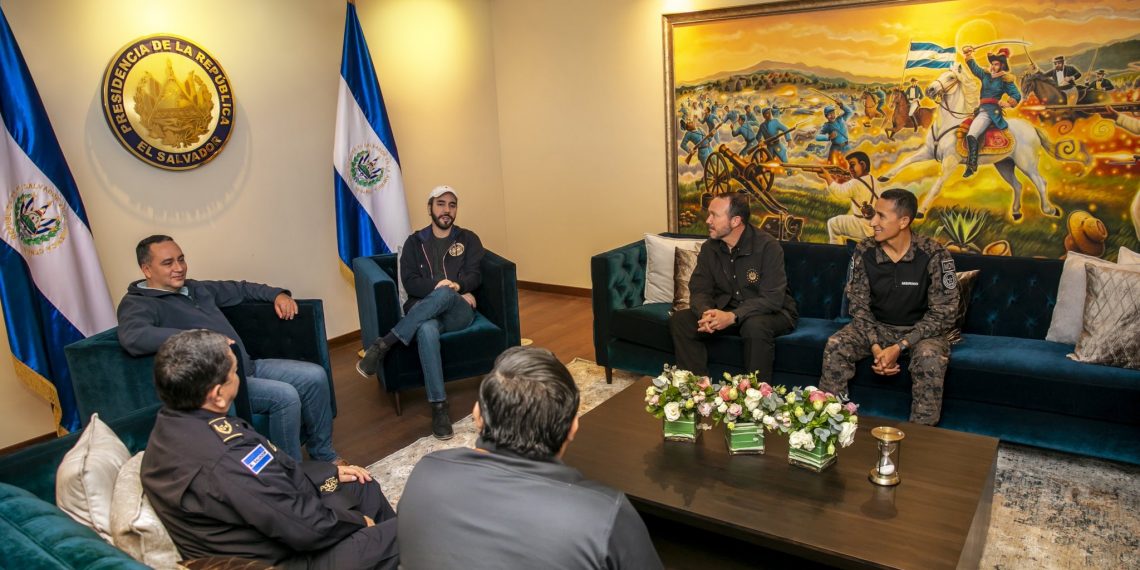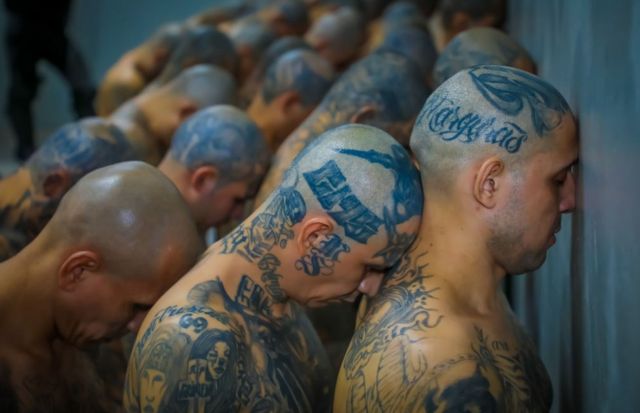
El Salvador’s president, Nayib Bukele, has announced the start of an “offensive action against the remnants” of the gangs with the aim of preventing their reorganization. In a statement issued by the Presidential House, it was reported that the president met on Sunday with his security team. He emphasized that, despite clearly winning the war against the gangs, it was necessary to carry out an offensive against the vestiges of these structures to prevent any attempt at regrouping, as had been observed in Nueva Concepción.
In another message, it was detailed that the Armed Forces and the National Civil Police (PNC) are already deployed throughout the territory and are carrying out vehicle controls, intervention operations in the communities, preventive searches and documentation verifications.
On May 16, the PNC reported the killing of one of its agents by gang members. The officer, identified as Maximino Antonio Vásquez Rodríguez, was attacked while patrolling with his colleagues in the El Zapote canton of Nueva Concepción.

Following this murder, the authorities deployed more than 5,000 army and police personnel to the area. “We promised that they would pay a heavy price for the murder of our hero. We destroyed his group, arrested his comrades, detained his leader and today we have captured the three assassins,” Bukele said over the weekend on social media, where he shared a video of the operations.
Vásquez Rodríguez’s killing took place on the same day that the Salvadoran Congress approved the extension of the state of emergency until June, a measure implemented by Bukele in late March 2022 as part of his security strategy to address the crisis of gang-led violence.
Statistics provided by the Bukele government show that its heavy-handed policy has significantly reduced the country’s homicide rate. According to official data, during the state of emergency, the murder rate is 3.6 per 100,000 inhabitants, compared to an average of more than 106 homicides per 100,000 inhabitants in 2015.
However, international human rights organizations have questioned the actions of the Salvadoran authorities. The UN estimates that, one year after the implementation of the state of emergency, 67,000 people have been detained, many of them arbitrarily. Last week, three United Nations experts urged Bukele to revoke the state of emergency.
